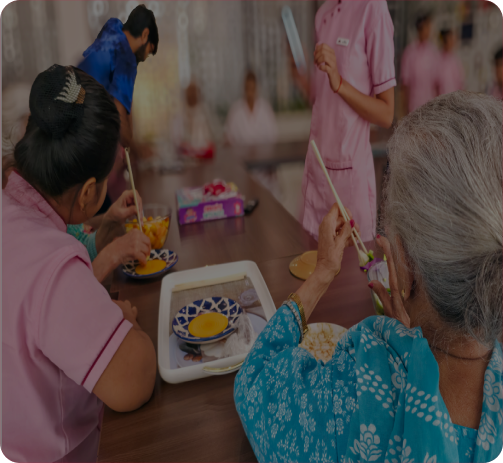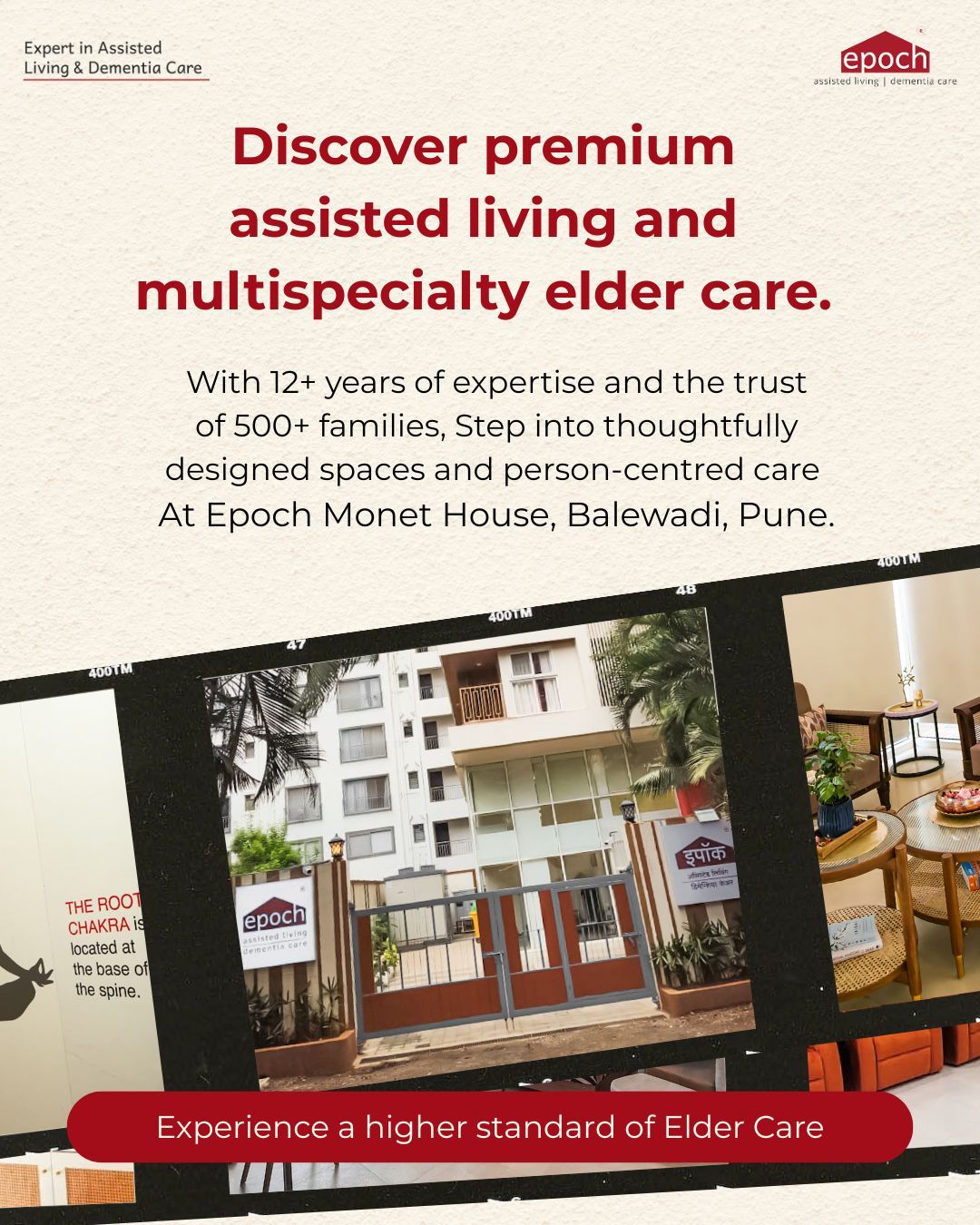India is at the crossroads of dealing with a growing elderly population combined with the dilemma of who should really be responsible for the seniors of this country. While today India is still considered as a young country. In about 30 years from now, the elderly population in India is expected to triple from 104 million in 2011 to 300 million in 2050, accounting for 18% of the total population in 2050. (Source CII)
For the longest time elder care services only translated into poorly run and managed insitituional care for destitutes or the abandoned. Professional care for elderly was a complete no go and only availed by those as a last resort. But a lot has changed in the last decade or so. Senior living and senior care both have gone through transformational processes. The stigmatisation of seeking professional care for your parents is beginning to get challenged. Senior care housing is no longer a requirement for parents of children ‘who could not look after them’ but is increasingly becoming an active choice by seniors themselves. Old age homes are being redefined by professionally run large retirement communities or small boutique offerings with specialised care, managed by trained caregivers and professionals.
When it comes to residential care for seniors, most people would initially only be looking for old age homes with certain pre-defined mindsets. As elder care in India is slowly going through a sociological evolution defined by shrinking family sizes, women breaking away from tradiotional caregiver roles and life expectancy on the rise; customers are now on the lookout for more variety of services which fit their needs and situation. Residential care for the elderly today can be availed through a variety of formats starting from large independent living community projects, standalone elder care homes, assisted living homes focusing on chronic care, conditions like dementia and finally skilled nursing homes.
Remaining independent is one of the top most priorities for elders while going through the ageing process. However, roughly 20% elders above the age of 85 end up needing assistance in their daily activities (Source: CDC and Prevention's National Center for Health Statistics, 2017). Combine it with existing co-morbities or chronic health conditions, such elders may further need the assistance of a nurse or other specialists. An assisted living (AL) home run by specialised and trained team, provides professional care, personalised to an elder’s current needs and based on past medical history, in a residential setting. AL homes typically provide round the clock care and has a well defined emergency response system in place. The staff at such homes are trained in geriatric and memory care and ensure that every resident’s needs are assessed and well documented in a care plan. The team in an AL typically works with a variety of specialists who would have a complete understanding of case histories.
In India today, homes specialising in AL are not very easy to find and are mostly provided as an ad-hoc service in existing retirement communities. Policies also need to be in place to clearly define standard regulations and guidelines to qualify to be called as an AL home. Thorough documentation by a licensed nurse, adequate and pre-defined staffing ratios, pre & post admission care assessments, fall prevention measures etc are some of the basic protocols to be adhered to.
There are also specialised AL homes such as those specialising in dementia care. Dementia is a condition often accompanied by psychiatric and behavioural symtpoms which makes it difficult for even professionals to deal with it, unless they have been trained in it. Reported cases of dementia are on the rise, which indicates that more and more people are undertanding the importance of seeking professional help. For dementia, it is recommended that AL is opted for early on, to preserve quality of life as much as possible.
The demand for both senior housing and specilaised homes has become more apparent during the current Covid-19 pandemic. A lot of children have struggled to support their parents for their basic needs even if they were based out of the same city. Older adults (80+) living alone have been at a real risk of safety and health monitoring. The industry is seeing an increase in interest because peace of mind takes over societal image. Parallely a lot of players have announced new projects which is an encouraging sign, since the the elderly can finally have the right to choose and have access to a variety of services for themselves.













